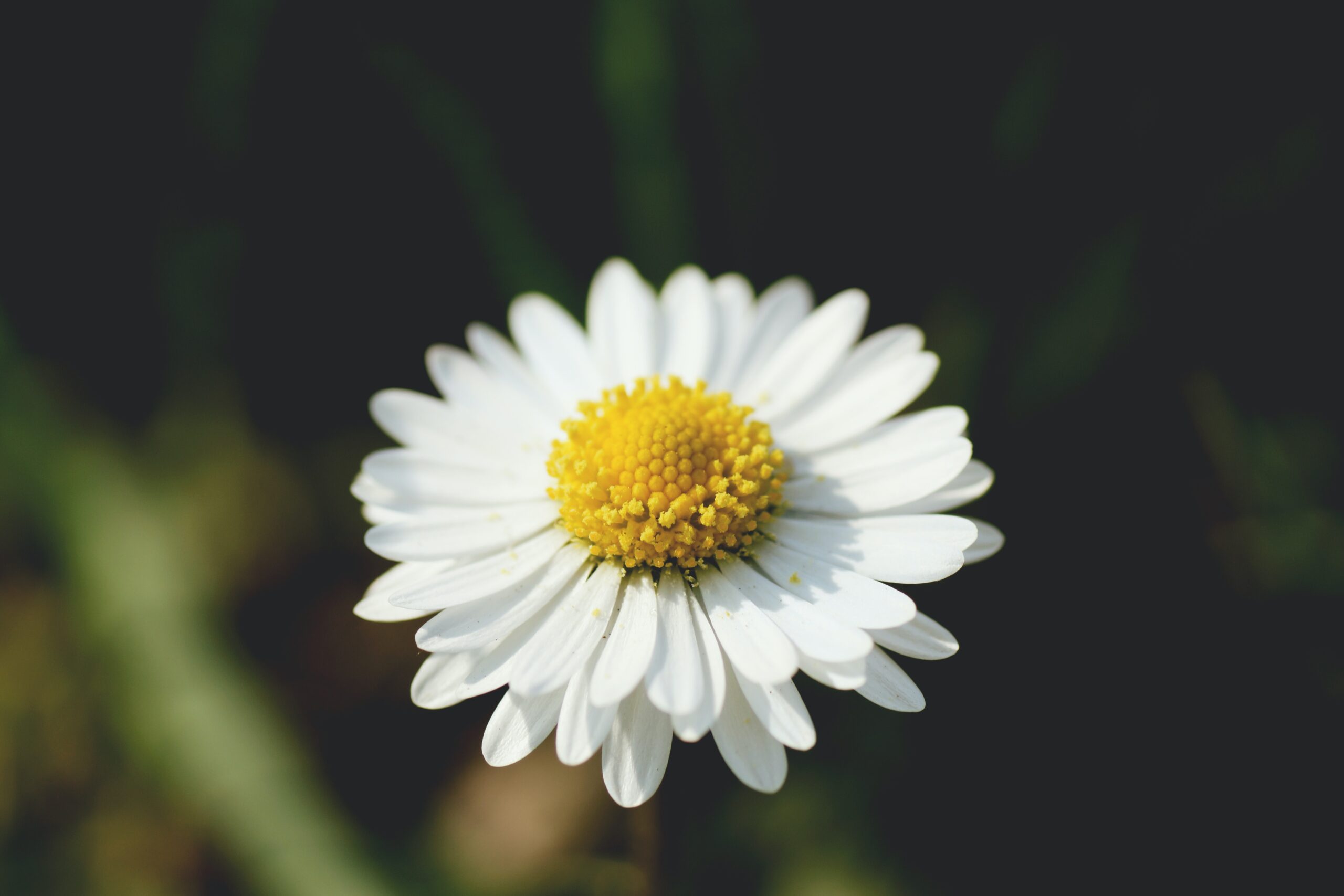
the relationship between humour and good health
can laughter really be medicine?
*This article is written by Dr. Michael Balick, our in-house Ethnobotanist here at sofi. Dr. Balick has worked with indigenous cultures and traditional systems of medicine, all over the world, since the early 1970’s with an incredible and extensive focus on plants, people, and culture.
Humour is a quality that is closely interwoven through the fabric of traditional culture. Situations that might not seem funny to us, as outside observers, provoke laughter, smiles and joking among certain cultures.
During the first few days of one of my many trips to the Amazon Valley, a member of the Indigenous community we were living with was trying to fix the outboard motor that powered one of the village canoes. The small engine was mounted on a sawhorse, and when the man pried off the cover, he unexpectedly gashed his finger against a sharp corner. The cut was deep, and blood spewed out of the wound. He began to laugh at his mistake, as did the people around him. "Look how our friend fixes engines-by breaking himself!" shouted one onlooker, who began to laugh so uncontrollably that he fell on the ground and rolled around in the mud.
As an outsider, I was very confused about this reaction, as the injured man offered no outward expression of pain from what was obviously a deep and painful wound--instead he laughed at himself. At the time, I did not really understand the role of humour and playfulness as an integral part of this culture, and it was not until many years later, and numerous visits to other Indigenous communities, that I began to understand and respect the significance of the event that I had witnessed. Humour is an important part of traditional lifestyles in many areas, allowing people to survive in physically challenging environments and situations, as well as used as a device for passing along lessons and traditions through storytelling.
During my recent trips to rural Vanuatu, an archipelago of 80 islands in the Southwestern Pacific, I learned that in many tribes there is a person responsible for keeping people happy, through joking and a provoking special kind of laughter that seems to erupt from the soul.
From the moments we woke up, throughout the day, into the evening, people were joking and laughing. No wonder that local people are proud of the fact that Vanuatu is considered one of the happiest places on earth. Ni-Vanuatu people, as they call themselves, believe that the family and community come first. They have a rich culture that is intimately tied to the land, and many of its citizens are not in a hurry to adopt the Western lifestyle, but rather have developed a way of life that comprises the best of both worlds. And this includes laughter as an essential part of happiness.
Medical professionals in our own countries recognize that humour can contribute to a healthy lifestyle. An early review article published by Jeffrey Goldstein in 1982 offered a fascinating overview of how healers have valued laughter as a viable path to healing. He noted “From the time of Aristotle, a few scholars have recommended laughter as a means of strengthening the lungs and of furthering the health of the organism as a whole.”
Immanuel Kant wrote “in the case of jokes, we feel the effect of this slackening in the body by the oscillation of the organs, which promotes restoration of equilibrium and has a favorable influence upon health.” More recently, the comedian/philosopher Groucho Marx noted, “A clown is like an aspirin, only he works twice as fast”. This was put to the test, successfully in the “Clown Care Unit” at Babies and Children’s Hospital and Columbia-Presbyterian Medical Center, with the result that the very presence of clowns in operating rooms “transformed the expectations of care givers and patients alike”.
For the sofi community who would like to learn more about a pathbreaking contemporary doctor who heals with humour, I recommend the book by Patch Adams, Gesundheit!: Bringing Good Health to You, the Medical System, and Society through Physician Service, Complementary Therapies, Humour, and Joy published in 1988. With laughter, your anxiety, stress and even insomnia might just start to melt away!
Text References:

